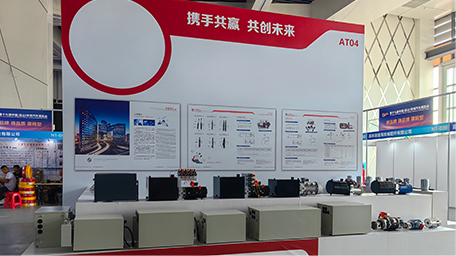9 月 . 07, 2024 03:38 Back to list
High-Quality Rubber Oil Seals for Maximum Durability
The Importance of Rubber Oil Seals in Modern Machinery
Rubber oil seals are crucial components in a variety of machinery and equipment. These seals play a vital role in maintaining the efficiency and longevity of mechanical systems by preventing the leakage of oils and lubricants. In this article, we will explore the significance of rubber oil seals, their applications, and the benefits they offer to different industries.
A rubber oil seal, also known as a lip seal or rotary seal, is designed to fill the gap between two moving parts, typically where a shaft exits a housing. This design is essential for preventing the escape of lubricants and the entry of contaminants such as dirt, dust, and moisture. The importance of these seals can be seen in various applications, from automotive engines to industrial machinery and household appliances.
In automotive applications, rubber oil seals are found in engines, transmissions, and differential housings
. They serve to keep engine oil contained within the engine block, ensuring that the moving parts remain lubricated and reducing the risk of overheating. When oil seals fail, it can lead to oil leaks, which not only waste resources but can also result in severe damage to the engine over time. The presence of oil leaks can lead to decreased performance, increased emissions, and ultimately, costly repairs.rubber oil seal

In addition to the automotive industry, rubber oil seals are widely used in industrial machinery. Equipment like pumps, motors, and gearboxes rely on these seals to maintain proper lubrication levels and prevent contamination. The failure of an oil seal in an industrial setting can lead to unexpected downtime, which can be both costly and disruptive. Therefore, ensuring the reliability of rubber oil seals is critical for maintaining operational efficiency and prolonging the lifespan of machinery.
Another significant advantage of rubber oil seals is their versatility. They can be manufactured from various types of rubber compounds, including nitrile, silicone, and fluorocarbon, allowing them to be tailored to specific applications and operating conditions. For instance, nitrile rubber seals are commonly used in environments with exposure to petroleum-based oils, while silicone rubber seals are preferred in high-temperature applications. This adaptability makes rubber oil seals suitable for a broad range of industries, including aerospace, agriculture, and food processing.
Furthermore, the design of rubber oil seals has evolved over the years to improve performance and durability. Modern seals often incorporate added features such as symmetry and reinforced lip designs, which enhance their sealing capabilities and extend their operational lifespans. Innovations in manufacturing processes have also led to the production of high-performance seals that can withstand extreme pressures and temperatures.
In conclusion, rubber oil seals are indispensable components that serve vital functions across a wide array of applications. By effectively preventing oil leaks and protecting machinery from contaminants, these seals contribute to the overall efficiency and reliability of mechanical systems. As industries continue to evolve and demand higher performance standards, the importance of high-quality rubber oil seals will only increase. Investing in the right seals can lead to significant cost savings and improved operational efficiency for businesses in every sector, underscoring their critical role in modern machinery and equipment.